Bjarne Riis: "My credibility is not very high"
Former team manager talks for the first time after Danish doping report
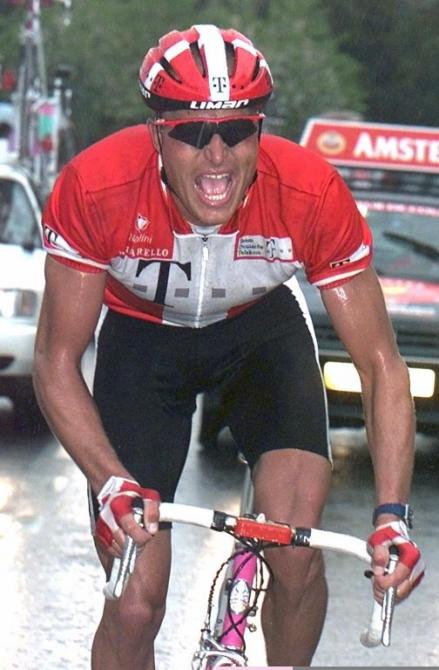
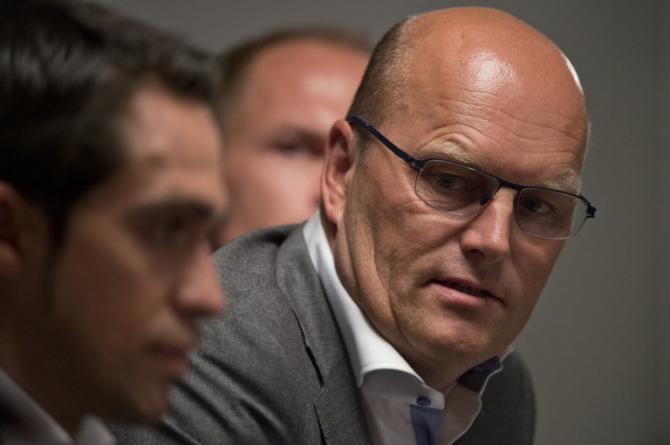
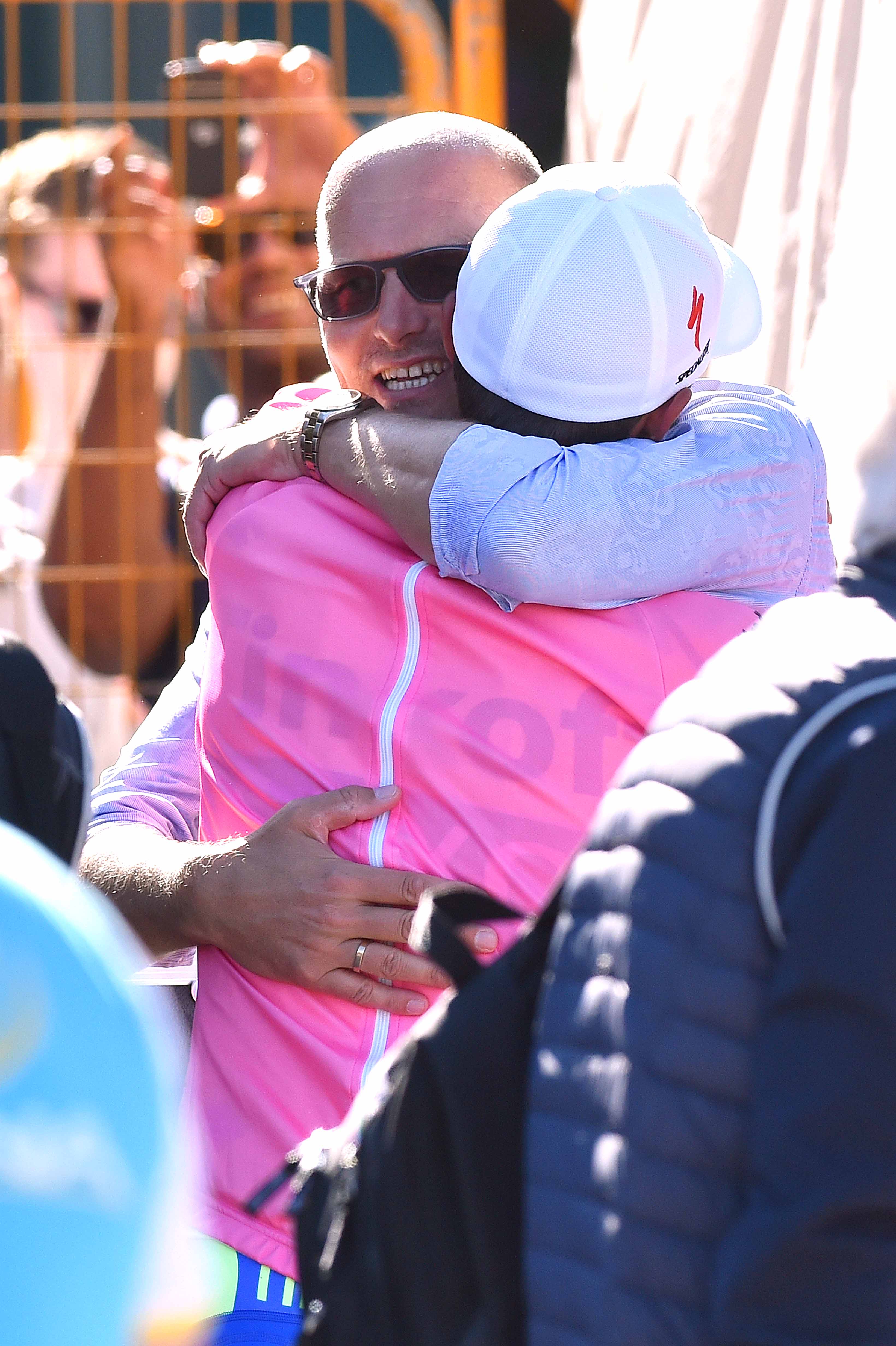
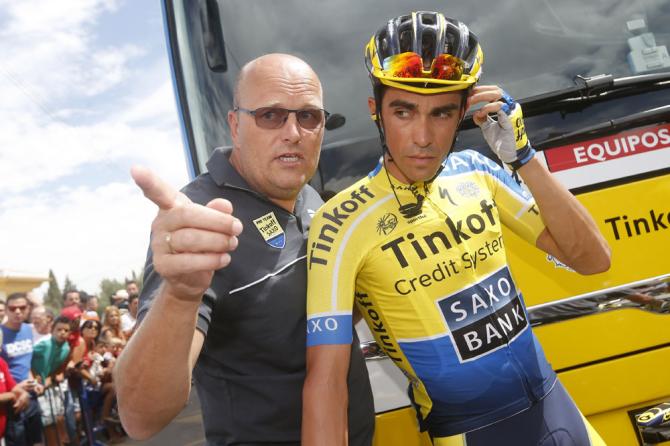
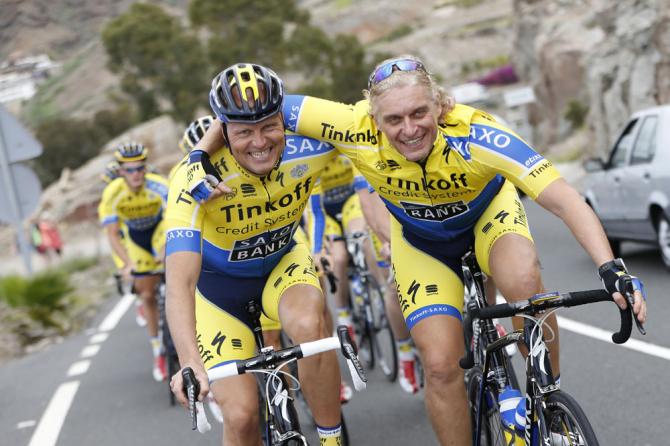
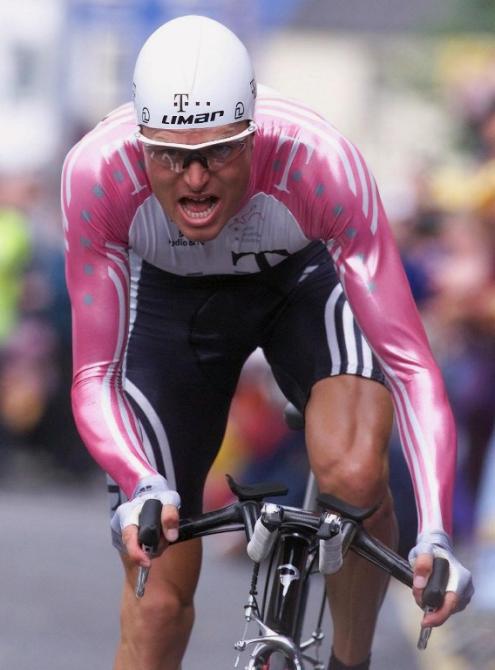
Bjarne Riis has spoken for the first time since an Anti-Doping Denmark report said that he was complicit in the use of doping at Team CSC, knew that Tyler Hamilton was blood doping with Dr. Eufemiano Fuentes and even blood doped himself during his career.
Riis admitted that “my credibility is not very high, and I am well aware of that,” during a brief extract of an interview with Danish television channel TV2. Riis was team manager at Tinkoff-Saxo until March this year, working closely with team leaders Alberto Contador and Peter Sagan. He sold the team to Oleg Tinkov in late 2013 for a reported €6 million, but agreed to leave in March after Tinkov was unhappy with Riis' work.
Riis had always denied Hamilton’s claims that he helped him dope when the two worked together at Team CSC and attempted to win the Tour de France. However ADD believed key testimony from the American and from former teammates Michael Rasmussen, Jörg Jaksche and other un-named riders.
Riis spoke to ADD during the investigation and confessed to blood doping, confirming he had personal knowledge about blood doping practices. It also emerged that he had requested that Danish rider Bo Hamburger provide EPO to Jaksche and that there was a comprehensive use of cortisone without medical justification at Team CSC.
"There are some things in it (the report) which I do not agree with, but I’m not here to elaborate on them. Basically their conclusion is that I have failed as a leader. I confirm that and I regret that deeply,” Riis said.
Riis claimed he had tried to somehow correct his mistakes of the past.
"I have tried for many years to correct things, do as well as I possibly could and take the responsibility that goes with that. I just have to admit that I was not mature enough to take responsibility and do what was needed in the first years, to go in the right direction. I am very sad today,” he said.
Get The Leadout Newsletter
The latest race content, interviews, features, reviews and expert buying guides, direct to your inbox!
A statement of regret
Riis later issued a statement via the Ritzau news agency, repeating his feeling of regret and failure. He also said he supports the report's recommendations and believes that it could make an important contribution for the future of cycling. He did not clarify if he intends to try return to professional cycling in the sport in the future.
“I will not hide the fact that it has been hard to look back on the years before and after the turn of the millennium. Partly because it undoubtedly was a black period in cycling history, partly because I have a clear responsibility to ensure that this is so. I was also an active doper myself for a number of years,” Riis said in his statement.
“Anti Doping Denmark's report concludes overall that I, as team owner, did not live up to my responsibility as chief executive of a cycling team and showed gross negligence. There are situations in which the investigation team and I look at differently. There are allegations and conjecture, which I disagree with, as I stressed in my statements. But the bottom line is, unfortunately, that the conclusion of the study is correct. It is no doubt about that. I have betrayed my responsibility.”
“I was not clear enough, when in the first year I drew the boundary between right and wrong. I have in the period also said things that could be seen as if it was okay to bend the rules. When I then had the feeling that a rider was heading in the wrong direction, I was not always quick enough to indicate that the behaviour was unacceptable. I'm sorry, and I know that I cannot apologize enough for my mistakes. I would like to explain why I did what I did, but my explanations will not change the fact that I have taken a series of wrong choices and decisions.”
“I know that my words will be twisted and turned, and I may be assigned a variety of motives for writing this. I would like to stress that my motive is not to ask for or seek pity. I am not in a position to. It must be up to each individual to decide how to relate to me and the mistakes I have committed. I am painfully aware that many do not believe that I am worthy of their trust, and I know it will be a long haul to win back some of my credibility, if it is at all possible.”
“I’m making this statement because I need to regret my mistakes. I have made myself available to both the UCI CIRC investigation and the Anti-Doping Denmark investigation because they are the relevant authorities for what has happened. Now the outcome of their work is public, it's up to each person to make up his own mind.”
“In the last decade, the sport has taken important steps in the right direction. I am absolutely convinced that it is much cleaner today, partly because of the Biological Passport, as in 2006, when we took the initiative with our internal testing program (at Team CSC) in cooperation with Bispebjerg Hospital. I hope that this trend will continue. In this context I would like to clarify that I support the report's recommendations and believes that they may be important contribution to cycling future.”
“I think most people who know me, know how much I love the sport, and how much it has filled my life. I might add, for better or for worse.”

Stephen is one of the most experienced member of the Cyclingnews team, having reported on professional cycling since 1994. He has been Head of News at Cyclingnews since 2022, before which he held the position of European editor since 2012 and previously worked for Reuters, Shift Active Media, and CyclingWeekly, among other publications.